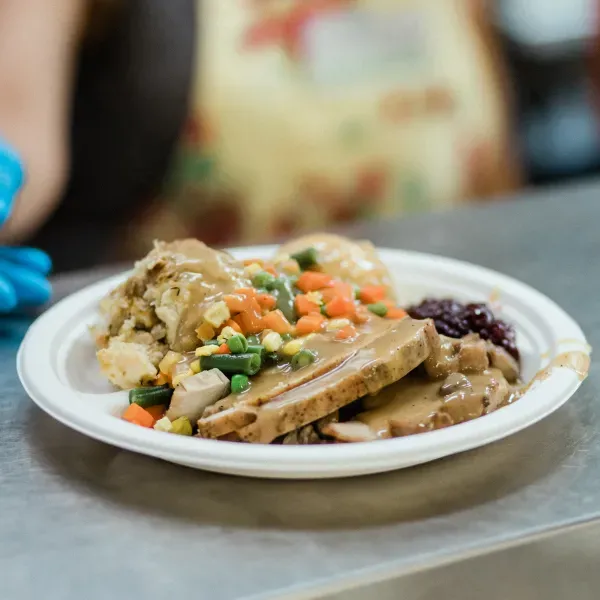When Leanne tells a story, she always makes sure to include its heart. She doesn’t just explain what happened, but she dives into why — she’s the kind of person who’s not afraid to unpack complicated emotions in search of the truth. She wasn’t always this way, and it’s just one of the transformations that have taken place in her life over the past few years. Here, she tells her own story, and shares how God has taken care of her heart.
When I was in recovery, I had this jar. I wrote down everything I was asking God for — housing, wellness — and I put those prayers in that jar. The prayers were everything from “God, I really need snow tires” to “God, I want to feel whole.” The amount of things I needed from Him felt impossible. And you know what? He has been so faithful in answering each and every one of my prayers. It’s been amazing how God has worked in my life.
It’s easy to look back at our lives and think “I made so many mistakes.” But what I’ve been learning is that God doesn’t waste anything. He hears us, he sees us, he cares for us. He saw me in my darkest moments. And now I get to bless other people, because of what He’s done for me. He’s made the impossible possible.
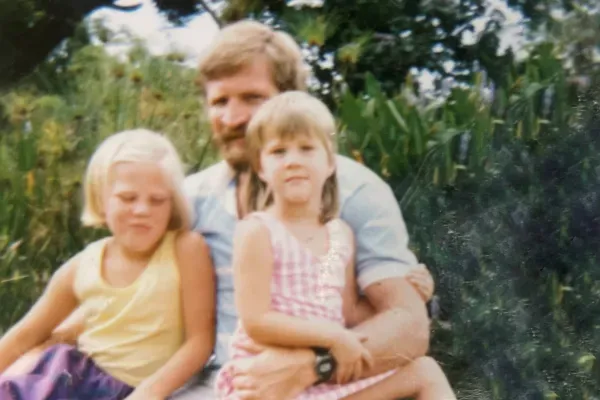
Cherished and loved
My story starts in South Africa, in a city called Durban. I lived there with my older sister and my parents, who had divorced when I was a baby. My memories of my childhood were ones of being surrounded by family — I felt cherished and loved.
When I was 10, my mother moved us to Canada. It was a big transition: my mom became even more of a single mother, so we took a few steps back financially. Thankfully, we had cousins there, and I picked up soccer and softball. I went to a Christian school, and slowly, I adjusted.
Then at 14, I got news that changed my life. My dad died. It shook everything. After his death, I was so confused and angry and sad. I withdrew as a person — I said “I'm not going to let anybody hurt me anymore. I'm never going to get close to anybody.” I drifted towards kids who were also hurting, and who sometimes used drugs to mask their pain. I felt similar to them.
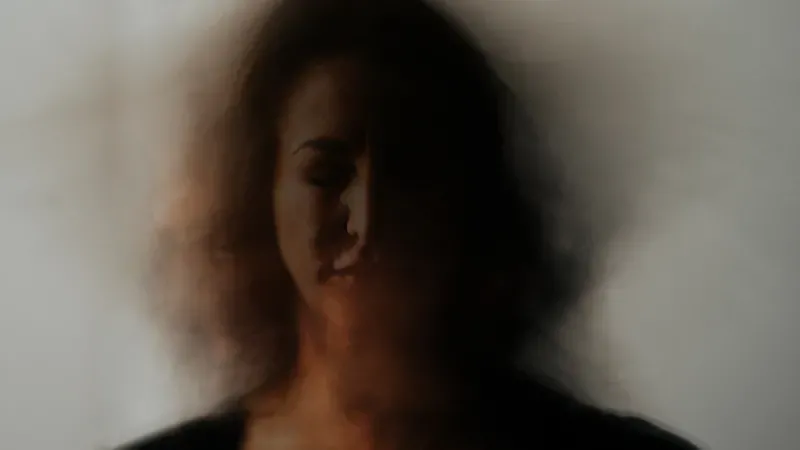
An escape from hurt
I built a protective shell around my emotions. I also became self-sufficient really young: by 17, I was going to college full-time while working and living with a boyfriend. My mom had given me all the skills I needed for life — cooking, cleaning, time management — and I was determined not to need anybody. Unfortunately, my boyfriend at the time had an alcohol addiction that often turned violent. I remember one day escaping to a friend’s house and finding a Long Island Iced Tea in the fridge. Nobody was around, so I drank it by myself. Immediately, I relaxed. My problems went quiet. I can remember thinking “I wonder if this could ever be an issue.”
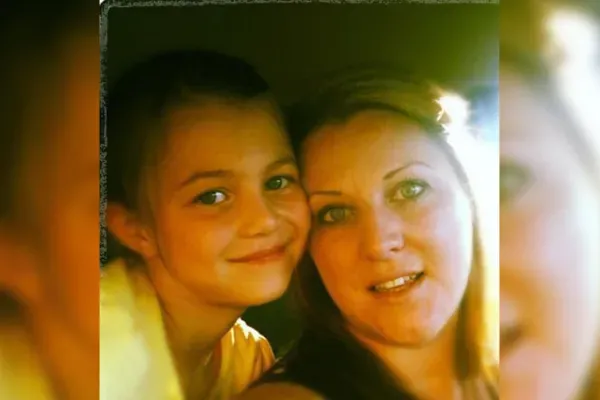
What followed were some years where I slid into alcohol and drug dependency. I met a new boyfriend, and became pregnant with my beautiful daughter. I had a season of sobriety — I was determined to be the perfect mom, and for a while, I was. My house was immaculate, I baked bread, I drove a minivan, I babysat other people’s kids. With my daughter, I thought “Here is someone who’s going to love me and not leave me. I’m going to raise her right.” But after a year or so, I took a painkiller — I don’t even remember now what for — and found a new substance that hooked me.
Before that point, I’d been very judgmental towards people with alcohol and drug addiction. I didn’t understand how they could do what they did. And I assumed that would never happen to me. But it did.
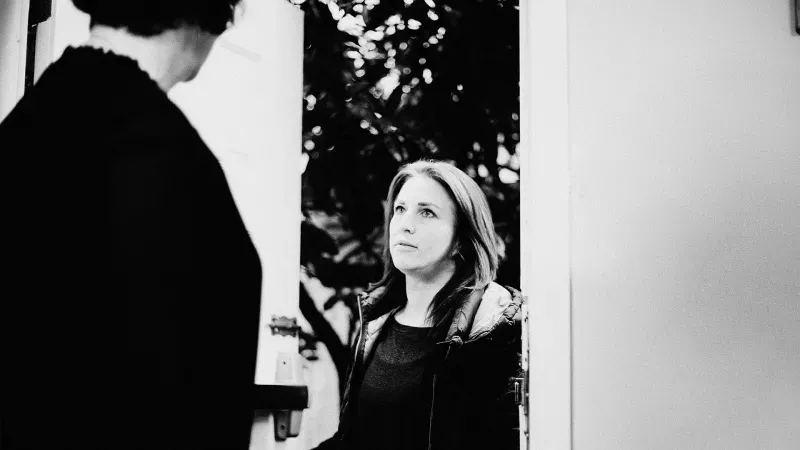
Seasons of struggle
My addictions progressed to the point where, in 2008, my family intervened. I was in denial that I even had a problem, but they’d had experience of addiction in their own lives, and so were familiar with Lydia Home as a place for recovery. They scooped me up and dropped me there. I didn’t want to be there, and when I found out there were going to be chores, I left the next day. But the downward progression of my life got even worse, and a month later, I was back asking to be let in. That’s how I found Lydia Home — it wasn’t my idea, but it was a good idea.
As the years went by, I relearned how it felt to be sober. I also remembered what it felt like to connect with God — I’d been a Christian as a child, and experiencing His presence again was wonderful. But even though I was trying new things, I still had pain I didn’t want to look at. I had shame and guilt, and so I relapsed often in order to keep myself from feeling.
I was also afraid to be alone: I wanted people nearby, even if I still held them at arm’s length. I relied on men to give me a sense of family, and in 2016, I became pregnant with my son. After he was born, I relapsed again, and that brought an extreme amount of guilt. I started hating myself and doubting myself as a person. I felt unworthy, and angry at the world. I couldn’t accept my life the way it was. I became deeply depressed. I knew I needed something. So in 2020, I went back to Lydia Home.
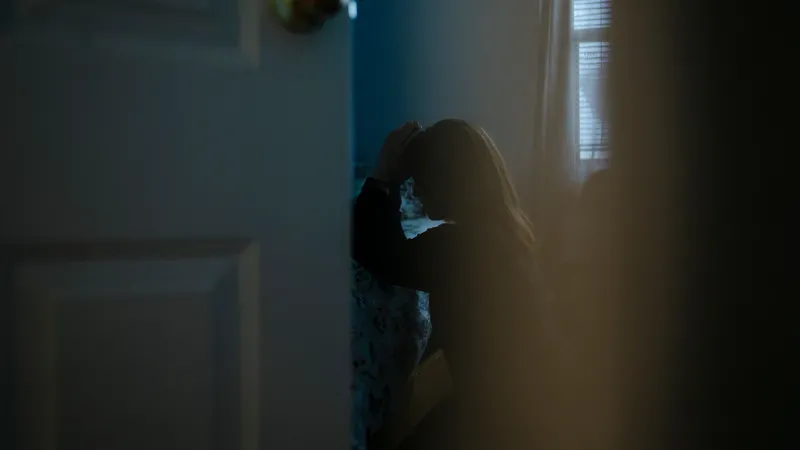
Experiencing surrender
I was at Lydia Home for a couple months, and I still was just not okay. Even without the drugs, it felt like something was missing — but now the hole was even bigger. So I did an actual surrender. I got to my knees and said, “God help me please. I need help from you, I am broken.” And at that point, things started to change.
Very, very slowly, I started to get bits of myself back. I started to accept myself. As I kept surrendering, my life and my relationship with God got better. I started to be able to make true friends with the women at Lydia Home. The staff were instrumental, too: I remember them speaking life over me, saying that they believed in me. I began to believe in myself, because they believed in me. I started to trust that God had good plans for me. I was genuinely loved.
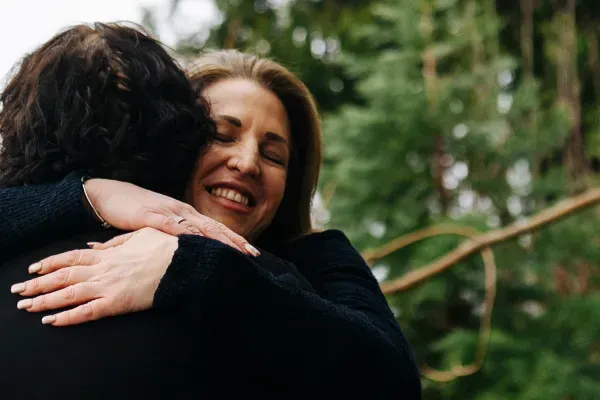
I stayed at Lydia Home for 18 months, until I built up the confidence to find my own place. I was able to hold down jobs, and God gave me an incredible house to rent with a backyard. I reconnected with my daughter and was able to share custody of my son, who lives with me full-time. I could finally build wonderful, healthy relationships — I was able to be the mom I’d always wanted to be.
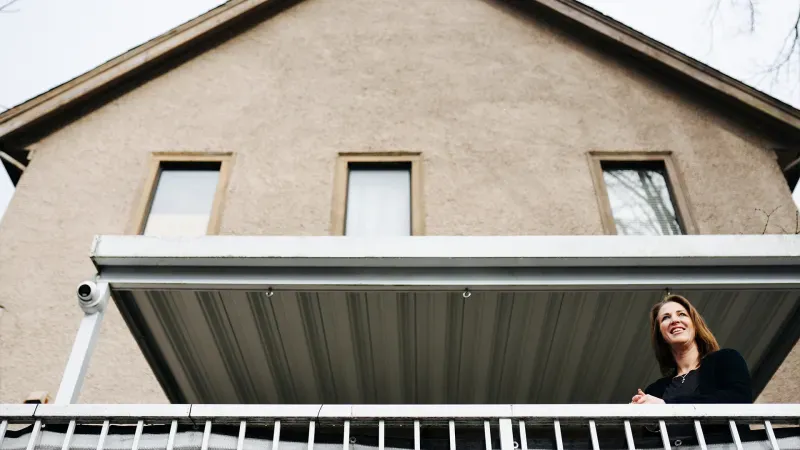
Living for a purpose
Even on my own, I wanted to stay connected to Lydia Home, so when the opportunity to intern with them came up, I jumped at it. As I connected with the women in recovery, I learned that all of the things that I had gone through were for a purpose. Not one tear that I cried was wasted. Every moment that I was ever in pain, God took it. He didn't let go of it. He didn't forget it. He used it to turn things around so that I could help somebody else, so that I could be the light for somebody who's going through the same thing.
I interned at Lydia Home for six months, and then the administrator position came available. When I got the job, I couldn’t believe it: I was living my dream. I had gone to college for business administration and always wondered why I’d even bothered — but here I was using everything I’d learned! I can see God’s fingerprints all over my life.
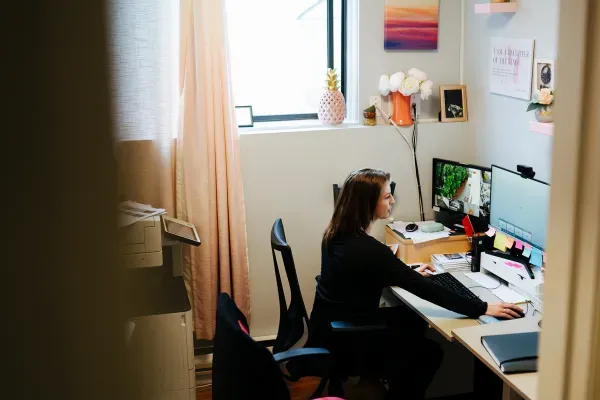
My children are doing so well. My daughter is 18 now, and she’s such a well-rounded, amazing young lady. She’s my best friend. My son is seven, and he knows that Jesus lives in his heart. I can’t describe what it means to me that they’re okay and happy. I can’t believe I’ve gone from my lowest points to being with them again.
I understand now how God provides for us. Every day, I see the prayers that I wrote in that jar happening in real life. God has blessed me with everything I could ever need. I often pray the prayer of Jabez: “Bless me indeed.” And He has blessed me indeed.
The people walking in darkness have seen a great light; on those living in the land of deep darkness a light has dawned. — Isaiah 9:2
Here at Union Gospel Mission, we make a point of focusing on the positives in our work. We talk about care and transformation because we deeply believe in God’s love as a life-changing force. We want our work and our words to encourage people, whether they’re in the process of finding new paths to flourishing or they’re helping others find support and community. In everything we do, we lead with hospitality. We’re in the business of hope.
What we don’t talk about as often is the darkness many in our communities face on a daily basis. The realities of living in homelessness, poverty, and addiction are harrowing and acute — it isn’t an overstatement to say that our friends are dying. Many in our communities walk under a heavy weight, and have a hard time accessing a different road. In the face of great darkness, it can be easy to feel overwhelmed. Despair is always lurking.
As we enter the Easter season, I find myself trying to balance both of these truths. Suffering and hope. Darkness and light. When I look to the gospel story, I see evidence of both: on the night he was betrayed, Jesus was taken from his friends and imprisoned. He experienced isolation and abuse. He was put to death. And then — when all hope was lost — an empty tomb. A risen man. An inexplicable miracle in turbulent times.
Easter was a three-day darkness-to-light event. And what we see time and time again in the lives of people who come through the doors at UGM is the way that darkness gives way to light. How when people are met with love, they find the space to hope.
Because it’s also our job at UGM to be light. To notice darkness and resist it. As we look at the obstacles people in our communities are facing, we know that we need to do more. Change is on the horizon for us, as we continue to meet needs and offer support. It will be the good kind of change, and we’ll keep you informed as we plan for the future — one in which fewer people walk in darkness.
Wishing you light and joy this Easter,

Join us in planting seeds of hope
For $5.45, you can give the restorative gift of a hot meal and a warm welcome this Easter.


